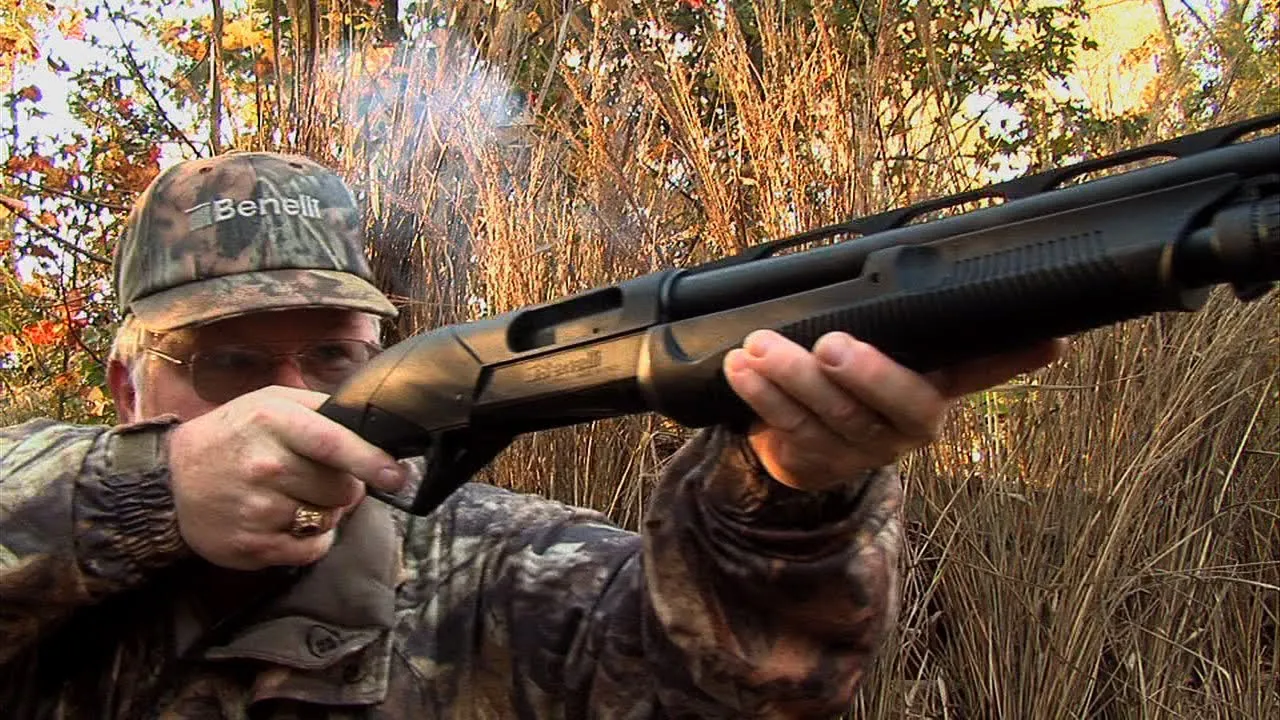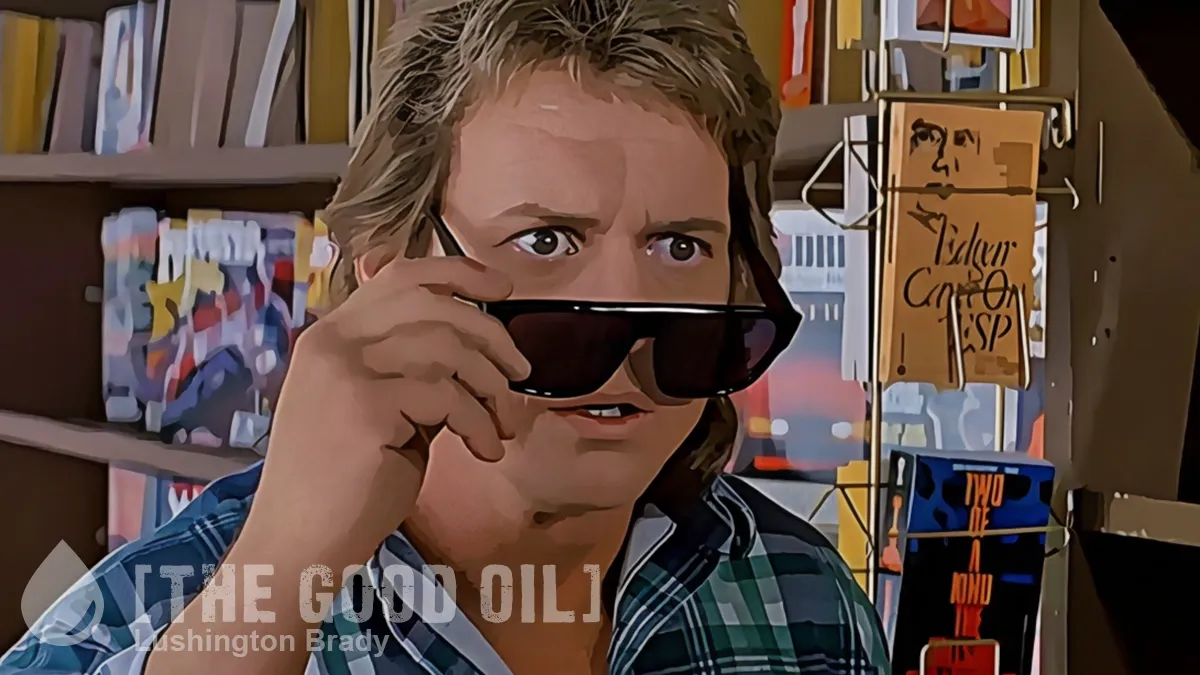Table of Contents
Nicole McKee
Spokesperson
Fair and Reasonable Campaign
Since our last post, our lawyers have now been through the detail of the proposed changes. You can read their report here: Arms Legislation Bill – Analysis of the Select Committee Report
There are many areas where the Select Committee’s report suggest they think they have fixed issues, but based on the actual changes to the Bill, we don’t think they have. Our lawyers say that there are changes that do not do what the Select Committee’s report says they do. Some of those are highlighted in the legal analysis.
What about SOP 408 and the definition of ‘parts’?
We’ve had lots of enquiries about where the Select Committee got to with the SOP 408 (which was separately consulted on) and how the Bill now defines “parts”.
The way the Select Committee has gone about changing the wording of the Bill in these areas is particularly hard to follow. There are new provisions which are, frankly, puzzling. Our lawyers think the Committee have mucked up some of them, but need another few days to track through all of the changes. We’ll write about the legal advice once we have it.
Select Committee Approve baning pump action firearms and don’t prevent the Government from banning more
In the report, the Select Committee gives approval for banning pump action firearms (regardless of whether it’s a rifle or shotgun) and the ability of the Police/Minister to introduce more bans. This is, of course, something we will strongly oppose.
This is part of the SOP 408 changes (hence why not in the analysis linked above). The original SOP 408 gave the Minister regulation-making power to ban pump action firearms.
It is just one example of how the Select Committee has stuffed up: the Committee has said that banning pump actions should not be done by regulation so instead have made it part of the Bill (‘because it is more transparent’).
So while we are totally against the banning, it supports our argument that if new firearms are to be prohibited, they must go through Parliament and not be done via Ministerial regulation (as the original Bill proposed).
But the Committee hasn’t taken away the regulation-making power for the future. It is a classic case of the Select Committee arguing they have fixed something but really they haven’t.
Other concerns:
Copied at the end of this post is our media release from earlier in the week summarising our concerns. The team also made a short video where I discuss the key changes and what you need to know:
So where to from here?
Despite New Zealand First backing Labour at the Select Committee — we still think NZ First MPs are the most likely way to prevent the dangers a register would pose, and defeat the Bill.
So we are far from giving in, and must now focus our lobbying efforts onto Winston Peters and his eight Parliamentary colleagues – to convince them that this is a vote changing issue for the Party’s support base.
If you know a NZ First MP, or one lives in your local area, we’re going to need you to call, email, or go and see them if we are going to win this. Their contact details are here.
We’re working through the weekend and plan to get more information to you in the next week.
MEDIA RELEASE
ARMS BILL ENDANGERS PUBLIC
WEDNESDAY 12 FEBRUARY 2020
FOR IMMEDIATE RELEASE
The Arms Bill reported back to Parliament from Select Committee amounts to legislative endangerment of the public, according to Nicole McKee, spokesperson for the Council of Licenced Firearms Owners (COLFO).
McKee said today that the Bill maintained the “absurdity and inconsistency” of key components – firearm register, onerous rifle club rules and special penalties – that would result in the public being less safe than they were before the 2019 shootings at the Christchurch mosque.
She said the public is in greater danger because; the location of legal firearms is more likely to be exposed, clubs won’t have resources to identify unusual behaviour, and more people will choose illegal rather than legal ownership.
“This Bill means that every member of the public is more likely to encounter illegal firearm use.
“Worse, the overblown safety assurances made for the Bill make the public more vulnerable through a false sense of security.”
McKee said the weakest link was still the planned register of all firearms.
“A register will cost tens of millions to set up and run, yet will almost certainly be hacked or mistakenly accessed, and would not contain the estimated tens of thousands of ‘crime guns’.
“The new rule allowing 30 days before you have to register a change of location destroys the only reason for this Bill – that Police know if firearms are at locations they visit in their line of work. The 30-day rule makes that assurance worthless – and dangerous.”
She said the rules for those running rifle clubs would send firearm owners underground and into public space for target practice.
She also condemned the maintenance of penalties for breaching firearm licence rules that were disproportionately higher than other firearm offences.
McKee said the Bill had nothing to do with anything related to the Mosque shootings in March last year.
“Not a single one of these changes would alter what caused that shooting. The Government cannot deny that, because it has not bothered to wait for the Royal Commission report.
“The Bill has everything to do with the Government wanting to look dynamic by lashing out at licenced firearm owners.
“But the general public already backed a ban on semi-automatics firearms. They did not back this unrelated piece of legislation. In fact, 90% of the submissions on this Bill opposed it in whole or part.”
Faults in the major Bill provisions
| Provision | Consequences |
| Firearms register | The rationale for the introduction of a register was so Police could know the number and types of firearms at properties they visit in their enforcement duties. The Government will introduce a firearm register, but – sensibly – exempt temporary transfers less than 30 days so licenced firearms owners do not have to update the register every time they go hunting or attend competitions. This change means that the operational need for a register is redundant. |
| Clubs and ranges | Responsibilities heaped on volunteer officials and members of clubs and ranges remain to discourage them from participation. They are still subject to the Police Commissioner’s discretionary regulation, though Police will have to provide 7 days’ notice for any inspections. |
| Firearms offences | Penalties and offences for licenced firearms owners will be disproportionately higher than for other offences. For example, the maximum fine for failing to update the registry is $10,000, compared to the maximum fine for providing a false statement to Police which is $2000. |
| Possession of ammunition | Possession is still very broadly defined and will include instances where an individual is a driver of a vehicle or the only family member at home. This means that every time a licenced firearms owner leaves his home, where ammunition is stored, the remaining person in the home is committing an offence if they do not also hold a firearms licence. Among other reasons why people could hold ammunition and not firearms, it means people cannot possess historic or sentimental ammunition heirlooms without becoming a licenced firearms owner – even if they have no intention of ever owning a firearm. |
| Potential loss of compensation | There has been a change in the definition of a part which may mean that some parts may now be illegal and others that were illegal may now be legal. Licenced firearms owners may again find themselves holding illegal items and without compensation for disposing of them. And others who handed in parts during the buyback may not have had to. |
| Pest control | Pest control licenses remain just as onerous to obtain, discouraging people becoming pest controllers. Endorsements will be required every 2.5 years, creating further discouraging red-tape. |
| Arms Act administration | The administration of the Arms Act will remain with Police, despite evidence showing that they are not operationally capable of administering it. |









